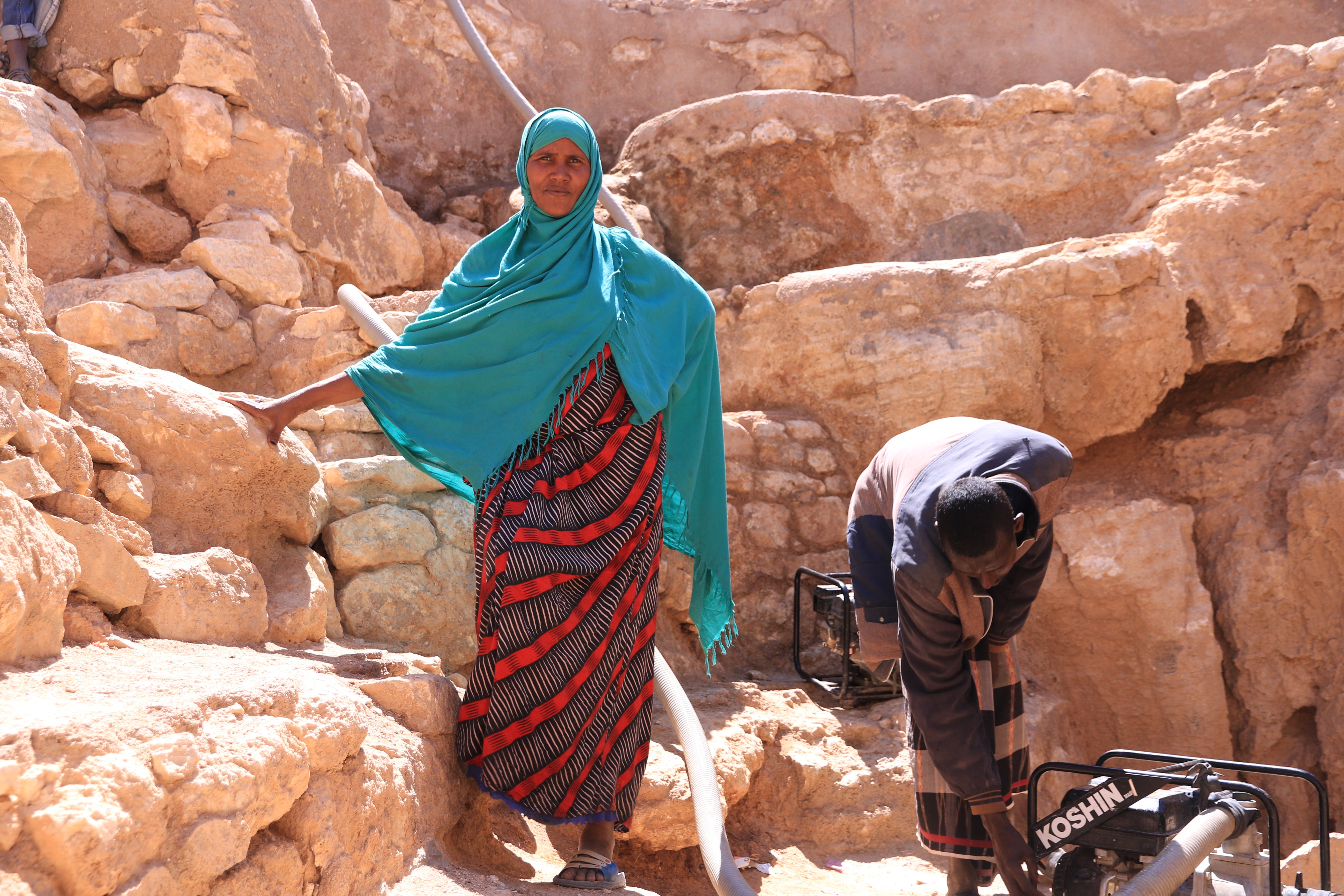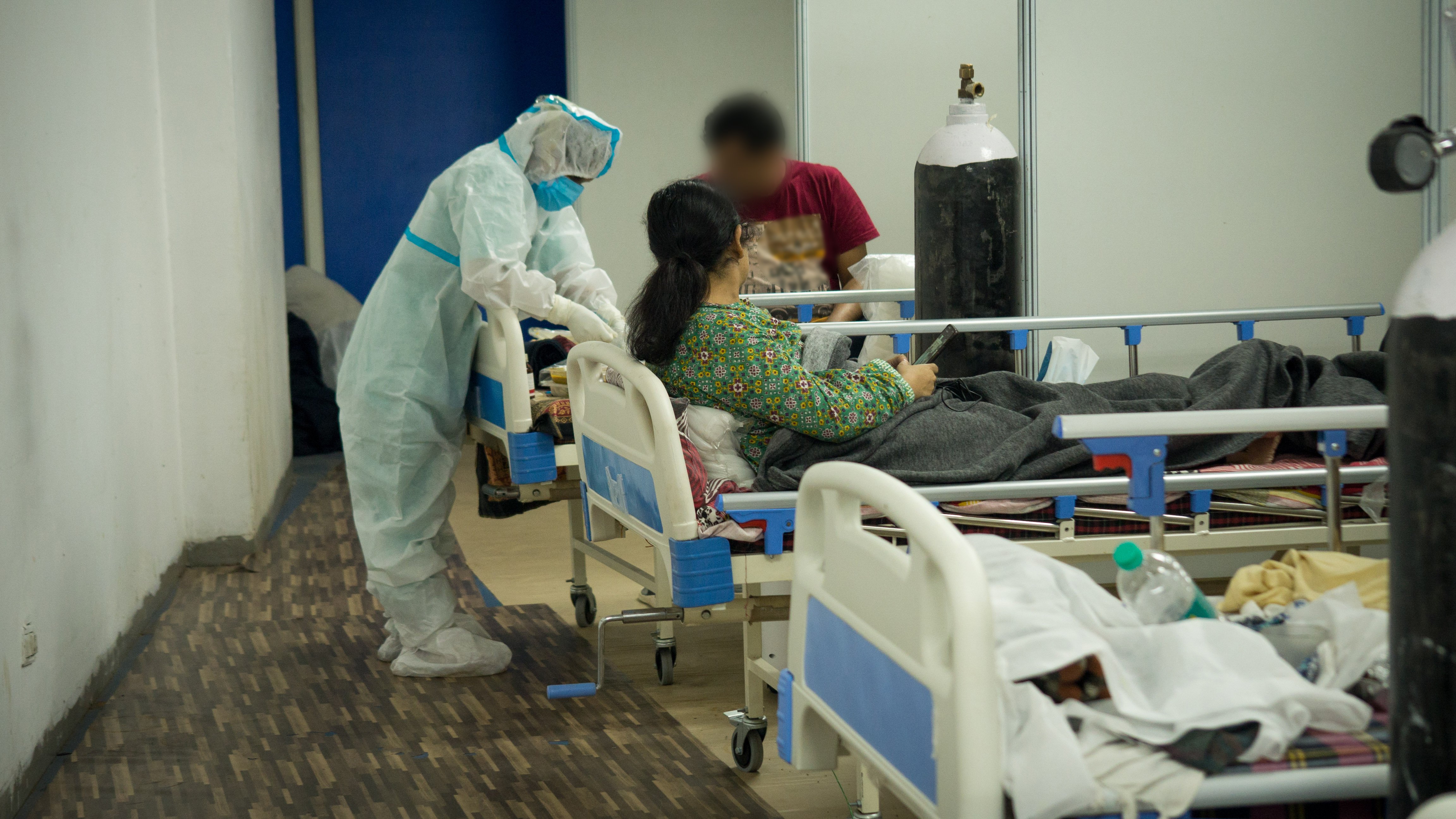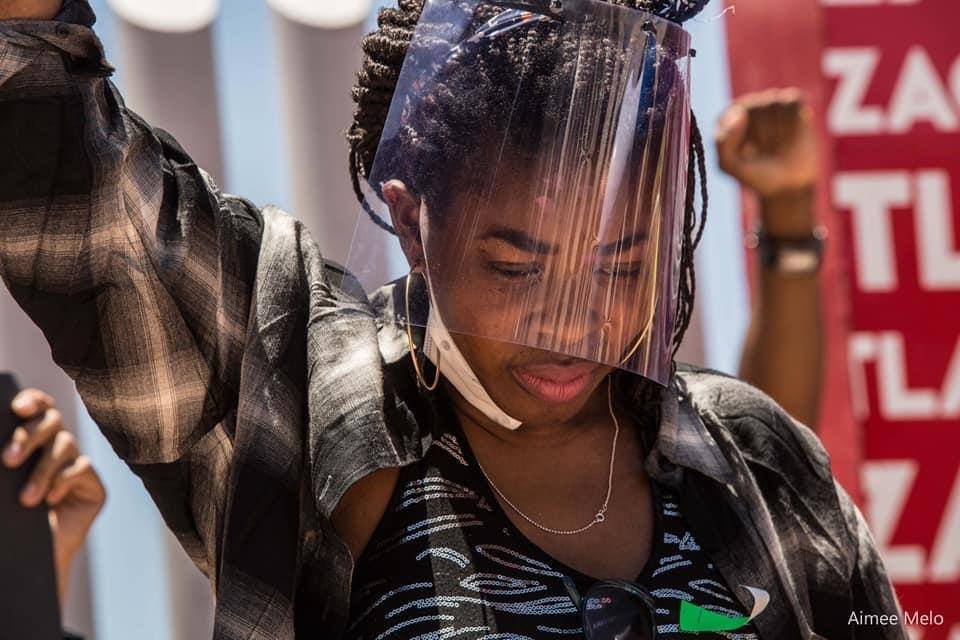Inequality contributes to the death of at least one person every four seconds.
Ahead of the Davos Agenda—the World Economic Forum’s virtual State of the World sessions—Oxfam released our annual inequality report, Inequality Kills, which found that inequality is contributing to the death of at least 21,000 people each day, or one person every four seconds. Meanwhile, a new billionaire is created every 26 hours. One thing we know for sure is that inequality makes everything—from humanitarian crises to the impacts of climate change—worse. It’s time to close the inequality gap.
Here are three ways that inequality kills.
1. The impacts of climate change
The richest countries are responsible for 92 percent of excess emissions, and richest 1 percent are estimated to be producing more than double the emissions of the 3.1 billion people who make up the poorest half of humanity. Yet, while it’s the wealthiest who are doing the most damage, they can afford to avoid the worst impacts. It is the poorest people who have contributed the least to the problem who are suffering the most.
People living in poverty are more likely to live in areas vulnerable to extreme weather resulting in loss of home and livelihoods and have little to no access to support in crisis. Women and Black and indigenous people face the worst impacts of increased pollution and heat waves associated with climate change. Systemic inequality means that as climate change gets worse, it is the historically marginalized who will suffer the most.

2. The COVID-19 health crisis
The ongoing pandemic has shown how deadly inequality can be. Whether it’s the disproportionate death rates of people of color, the unequitable global vaccine rollout, or the uneven economic impacts, it is clear that COVID-19 is an inequality issue.
As the new Omicron variant runs through communities all over the world, vaccine access remains a huge issue for low-income countries. So far, wealthy nations have delivered only 14 percent of the 1.8 billion doses promised, and pharmaceutical companies have delivered only 12 percent of the doses they pledged to help low- and middle-income countries. Right now, a persons’ ability to access a life-saving vaccine is often dependent on the country where they live.

3. The threat to women and girls
Gender inequality means that women and girls often face the worst impacts of a crisis. Gender-based violence results in a minimum of 67,000 deaths each year. In addition, it is estimated that 143 million women are missing globally because of female mortality rates and sex-selective abortions (son preference). When a crisis hits, all of this gets worse.
Not only that, but the pandemic has set gender parity back from 99 years to 135 years. Thirteen million fewer women are at work now than in 2019. Women are also disproportionately underpaid and unprotected workers and perform the bulk of unpaid care work—work that Oxfam has calculated adds at least $10.8 trillion to the economy.

Closing the inequality gap
This inequality crisis is literally killing people. It’s time for our leaders to take action and ensure that we are tackling the root causes of poverty and injustice. That’s why Oxfam is calling on President Biden and Congress to make sure billionaires pay their fair share of taxes.
The average American household paid 14 percent in federal taxes, but America’s 25 richest billionaires paid only 3 percent in income tax between 2014 and 2018. Not only that, but the world’s 10 richest men more than doubled their fortunes in the first two years of the pandemic, while the incomes of 99 percent of humanity fell and over 160 million more people were forced into poverty. This has gone on long enough.
Taxing billionaires is crucial to closing the inequality gap. A wealth tax could:
- Fund the child care industry
- Create dignified, green jobs
- Invest in communities most impacted by climate change
- Support gender-based violence programs
- Provide access to life-saving vaccines for millions of people
- Begin to lift people out of poverty
It’s time to close the inequality gap—people’s lives literally depend on it.

